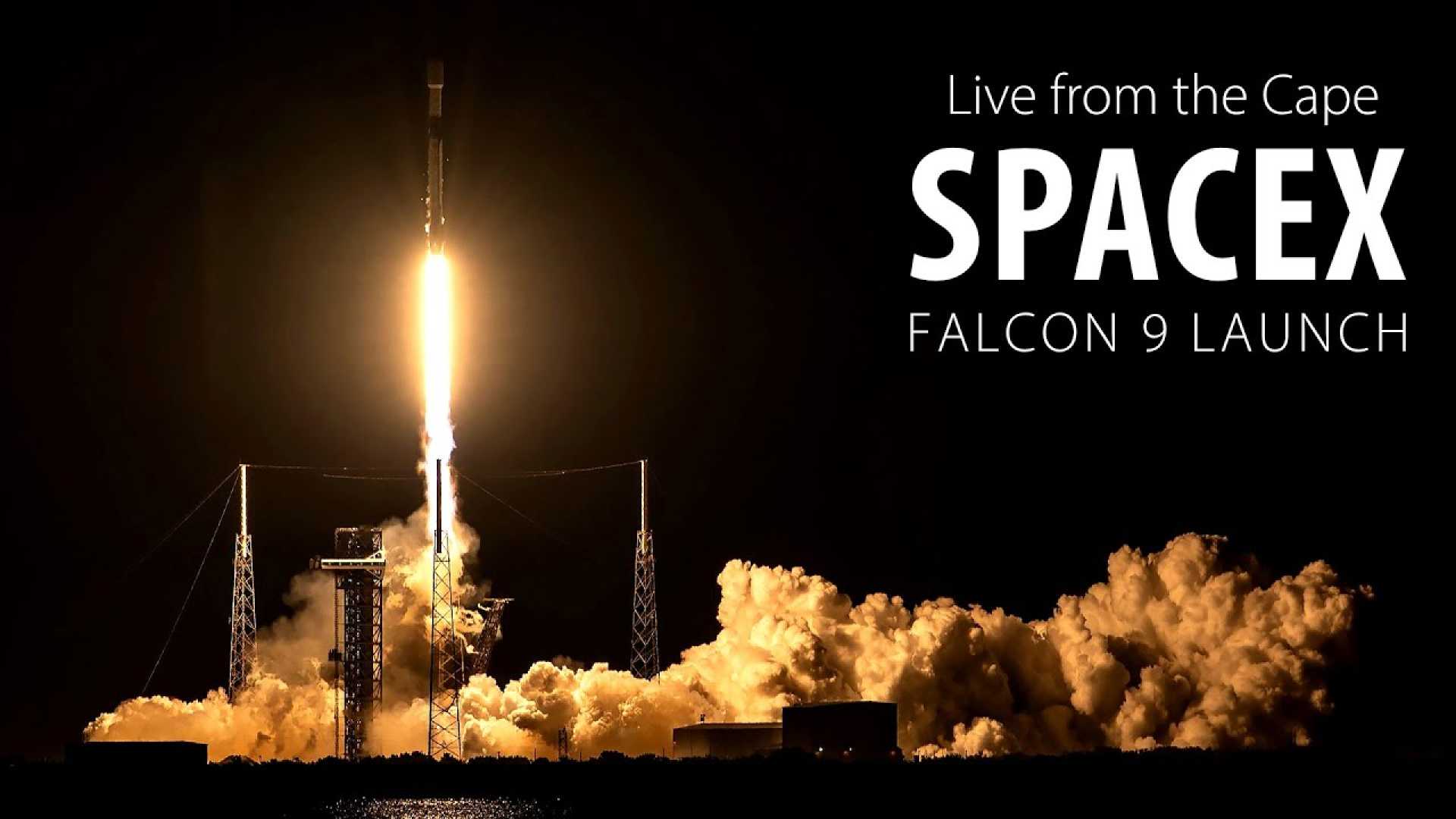News
SpaceX Targets Midnight Launch of SiriusXM SXM-10 Satellite

CAPE CANAVERAL, Florida — SpaceX is preparing to launch its first customer mission of June, sending the SXM-10 satellite for SiriusXM into geosynchronous transfer orbit just after midnight on Saturday. The Falcon 9 rocket is set to lift off from Space Launch Complex 40 at Cape Canaveral Space Force Station at 12:54 a.m. EDT (0454 UTC), following a delay in the T-0 liftoff time.
This mission marks the eighth flight of the Falcon 9 first stage booster, identified by tail number B1085. SpaceX has successfully launched various missions, including NASA’s Crew-9 and the GPS III Space Vehicle 07 satellite, with this booster. Approximately 8.5 minutes after liftoff, the booster will aim for a landing on the droneship dubbed ‘A Shortfall of Gravitas’. If it succeeds, this will be the 112th booster landing on the vessel and the 458th overall.
The SXM-10 satellite, created by Maxar Technologies, responds to a 2021 build order from SiriusXM. Since 2000, SiriusXM has been manufacturing satellite technology, focusing on enhancing satellite communication capabilities. The SXM-10 satellite features substantial dimensions, measuring over 27 feet tall and more than 100 feet long when its solar arrays are fully extended, weighing nearly 6,400 kg.
Maxar CEO Chris Johnson stated, “At Maxar Space Systems, we take pride in partnering with innovative companies like SiriusXM that push the boundaries of what’s possible.” Johnson emphasized the platform’s reliability, aligning with SiriusXM’s goals for current and upcoming satellite missions.
SiriusXM reported a $69 million expenditure in satellite construction for the first quarter of 2025, with projected costs nearing $220 million for the year. Looking ahead, the company expects capital expenditures on satellite technology to substantially decrease after 2028 as remaining launches conclude.
In related news, SpaceX’s Dragon supply ship reached the International Space Station on Wednesday, successfully docking with the lab’s robotic arm at 6:56 a.m. EDT (1056 GMT) after an automated maneuver.
As part of another mission Saturday, the Falcon 9 rocket is set for its 71st dedicated Starlink launch at 5:10 p.m. EDT (2110 UTC), showcasing SpaceX’s growing presence in satellite communication.












